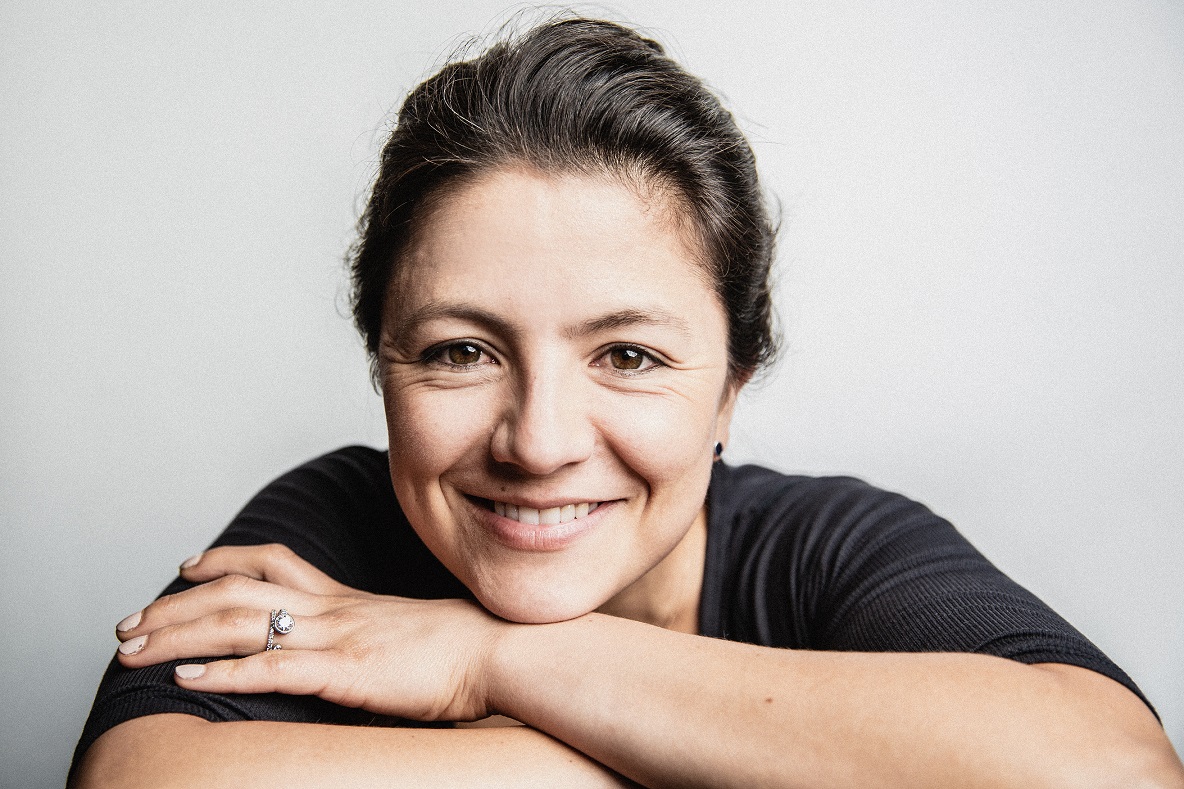Fearing it. Hating it. Denying it. Avoiding it in public, and giving in to it in private. That was my modus operandi regarding my impulse to overeat.
I did it for decades. Just like you, I assume. I never questioned whether it was an effective tactic to feel at ease around food or to be happy. You know what they say when we do the same thing all over again expecting a different outcome: We are insane.
Fortunately, I finally understood that being enemies with my crazy impulse to overeat wasn’t smart.
It seems counter intuitive, but accepting my impulse to overeat, seeing it for what it was, and “making friends” with it was actually the answer to weaken it and—because I worked hard on it—see it fade away.
In practice, the enmity between the desire to overeat and I manifested when I ate an apple and a low-calorie granola to distract my cravings for chocolate; when I left the house to avoid the ice cream in the fridge or asked someone to lock the cupboards where the bread was. It showed up when I pretended I was normal around food.
I came up with as many escape strategies as I could, but we know that running away from a problem does nothing to solve it.
Looking at the Desire in the Eyes
I like the story of when the demon Mara visited Buddha. Instead of fighting and resisting the demon, Buddha said “I see you, Mara” and invited him for tea.
Just like the demon Mara visited Buddha and he made friends with him while remaining undisturbed, in the same way I was able to achieve a kinder relationship with my desire to overeat through acceptance.
I learned that when I didn’t resist the impulse and instead observed attentively, I didn’t fear it nor feel the need to run away from it (aka binge eating or overeating). As a result of plenty of practice and learning from mistakes, I can say that the desire to overeat has disappeared and my relationship with food no longer determines whether I’m satisfied with life or not.
First Steps in Making Friends with the Impulse to Overeat
The first step I took to tame the desire, was to notice and recognize it. After all, I couldn’t control something that I wasn’t aware of.
It was like when someone rings the bell to your house. You look out the peephole and see who is outside. Instead of ignoring the person, you as who is it? Why are you here? What do you want? Why did you come now?
I did the same with the impulse to overeat: How does it feel in the body? Where do I feel it in the body? What could have triggered its “visit”? Is there anything else going on in my life that is causing the impulse to arise and that I want to cover with food? I didn’t react. I stayed with it. I often cried.
The more I experimented with the recognition+questioning, the less I felt like I had to give in to the desire.
As Gillian Riley wrote, “you stop fighting your addictive desire by accepting it, so that, without any opposition, it simply flows through you.”
I won’t lie. The impulse still arises. After all, it was with me for decades. But I now know how to win the battle: By not fighting it.
The information provided on this post is for educational and informational purposes only and solely as a self-help tool for your own use.
Written by Lina Salazar.


